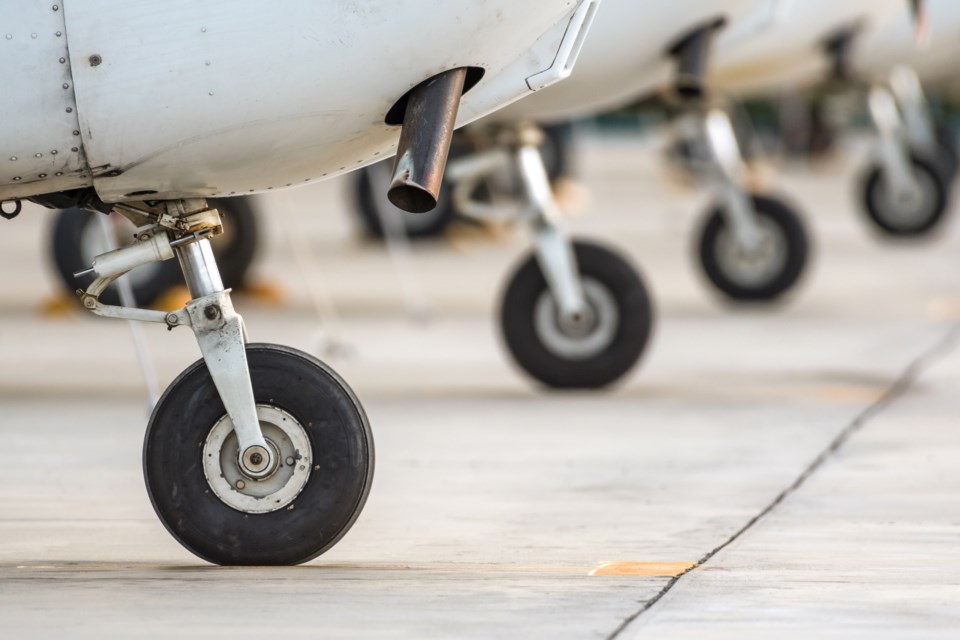WASHINGTON — Canada is spearheading what Transport Minister Marc Garneau hopes will become an international effort to protect civilian airliners around the world from being shot down over conflict zones.
In a speech today in Washington, Garneau is introducing what he's calling the Strategy for Safer Skies — a Canadian-led multilateral effort to ensure passenger aircraft are better able to avoid dangerous airspace.
Canada has been seized with the issue ever since the downing of a Ukraine International Airlines flight in early January in the skies over Tehran, killing all 176 people aboard — 57 of them Canadian.
Garneau is also pointing to a similar tragedy in 2014 over Ukraine as further evidence that something needs to be done.
He says the goal is to establish co-ordination and information-sharing efforts between like-minded countries to improve risk assessments, guidance for avoiding dangerous airspace and airline protocols and practices.
The hope is to establish a system that, with the help of the Montreal-based International Civil Aviation Organization, might eventually be adopted by countries around the world, particularly in areas where conflicts are more common.
"Each state's airspace is sovereign; that is not in dispute. But in order to prevent another tragedy, we need to deal with inconsistencies, and in order to deal with inconsistencies in how the rules are implemented, we need a new approach," Garneau said in a prepared version of his speech.
"To protect our citizens who travel throughout the interconnected global aviation network, we need to take action now."
Garneau says the initiative already has the support of the United States, where the Federal Aviation Administration operates an existing "Notice to Airmen" system designed to keep U.S. pilots and carriers apprised of potential dangers.
In an interview, Garneau said in the wake of the Jan. 8 tragedy in Iran, Canada has already issued two notices of its own for airlines to avoid Libyan and Syrian airspace.
"We're already beginning to put into practice some of the things we think will be part of the Safer Skies strategy."
This report by The Canadian Press was first published March 5, 2020.
The Canadian Press
